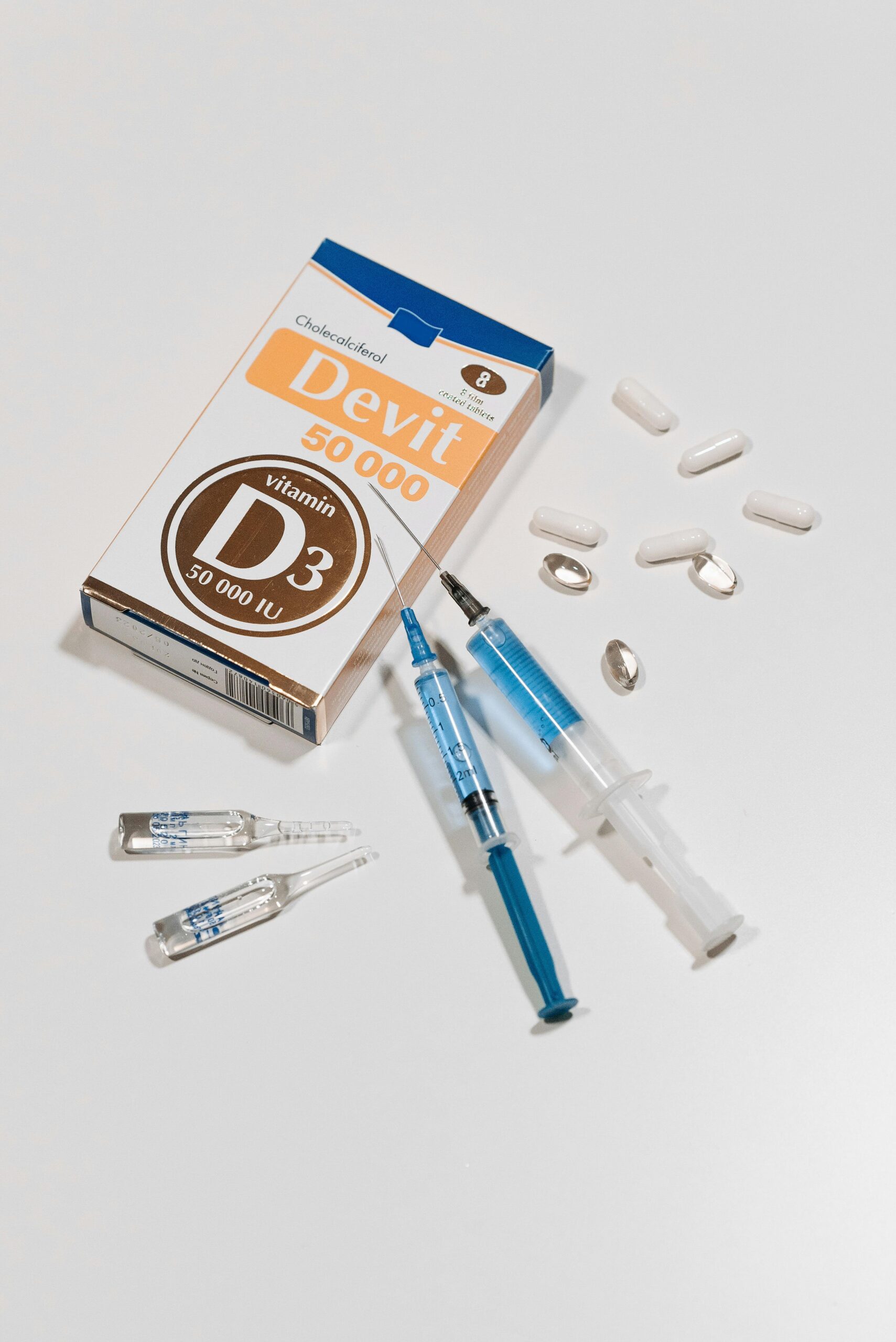Introduction
Vitamin D, often called the “sunshine vitamin,” plays a critical role in maintaining good health. While it’s well known for its importance in bone health, recent studies have highlighted its significant impact on the immune system. A strong immune system is your body’s first line of defense against infections and diseases, and Vitamin D can help ensure that your immune system functions optimally. In this article, we’ll explore 7 essential ways that Vitamin D boosts your immune system and why it’s crucial to maintain healthy levels of this nutrient.

Table of Contents
1. Enhances Immune Cell Function
One of the key roles of Vitamin D is enhancing the function of your immune cells, including T-cells and macrophages. These cells are vital for identifying and fighting off pathogens, such as bacteria and viruses. Adequate levels of Vitamin D ensure that these immune cells respond efficiently when an infection occurs, making it easier for your body to ward off illnesses.
2. Reduces the Risk of Respiratory Infections
Research has shown that people with low levels of Vitamin D are more susceptible to respiratory infections, such as the flu, pneumonia, and even the common cold. Studies suggest that Vitamin D can help reduce the risk of these infections by enhancing the body’s natural defenses. During colder months, when sun exposure is limited, supplementing with Vitamin D may help keep your immune system strong and reduce the likelihood of catching seasonal illnesses.
3. Regulates the Inflammatory Response
Vitamin D plays an important role in controlling the body’s inflammatory response. Chronic inflammation can weaken your immune system and contribute to a range of diseases, including autoimmune disorders. By regulating inflammation, Vitamin D helps prevent your immune system from overreacting, which is crucial for maintaining overall immune health.
4. Supports Gut Health
Your gut is home to a large portion of your immune system, and Vitamin D helps maintain a healthy gut microbiome. A balanced gut microbiome supports the production of antimicrobial proteins that protect against harmful bacteria. Additionally, Vitamin D helps strengthen the gut barrier, preventing harmful substances from entering your bloodstream and triggering an immune response.


5. Reduces the Risk of Autoimmune Diseases
Vitamin D deficiency has been linked to an increased risk of autoimmune diseases, where the immune system mistakenly attacks the body’s own tissues. Conditions like multiple sclerosis, rheumatoid arthritis, and type 1 diabetes have all been associated with low levels of Vitamin D. Maintaining adequate Vitamin D levels can help regulate immune function and lower the risk of developing autoimmune disorders.
6. Improves the Body’s Response to Vaccines
Research suggests that Vitamin D may improve the effectiveness of certain vaccines by enhancing the immune system’s ability to produce a stronger and longer-lasting immune response. This is particularly important for vaccines that help protect against viral infections, such as the flu shot. Ensuring sufficient Vitamin D levels can help your body respond better to vaccinations and provide longer immunity.
7. Helps Protect Against COVID-19
During the COVID-19 pandemic, Vitamin D gained attention for its potential protective effects. Studies have found that individuals with adequate Vitamin D levels were less likely to develop severe symptoms if they contracted the virus. While Vitamin D is not a cure for COVID-19, having healthy levels may reduce the severity of symptoms by supporting the immune system’s ability to fight off the virus.
Conclusion
Vitamin D is far more than just a nutrient for bone health—it’s a key player in keeping your immune system strong and resilient. From enhancing immune cell function to regulating inflammation and reducing the risk of respiratory infections, Vitamin D is essential for maintaining a healthy immune system. If you’re concerned about your Vitamin D levels, it’s a good idea to get tested and consider increasing your intake through sun exposure, diet, or supplements.
For personalized advice on how to maintain optimal Vitamin D levels, contact the healthcare experts at Health Authentica. We’re here to help you make informed decisions about your immune health.










